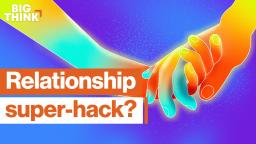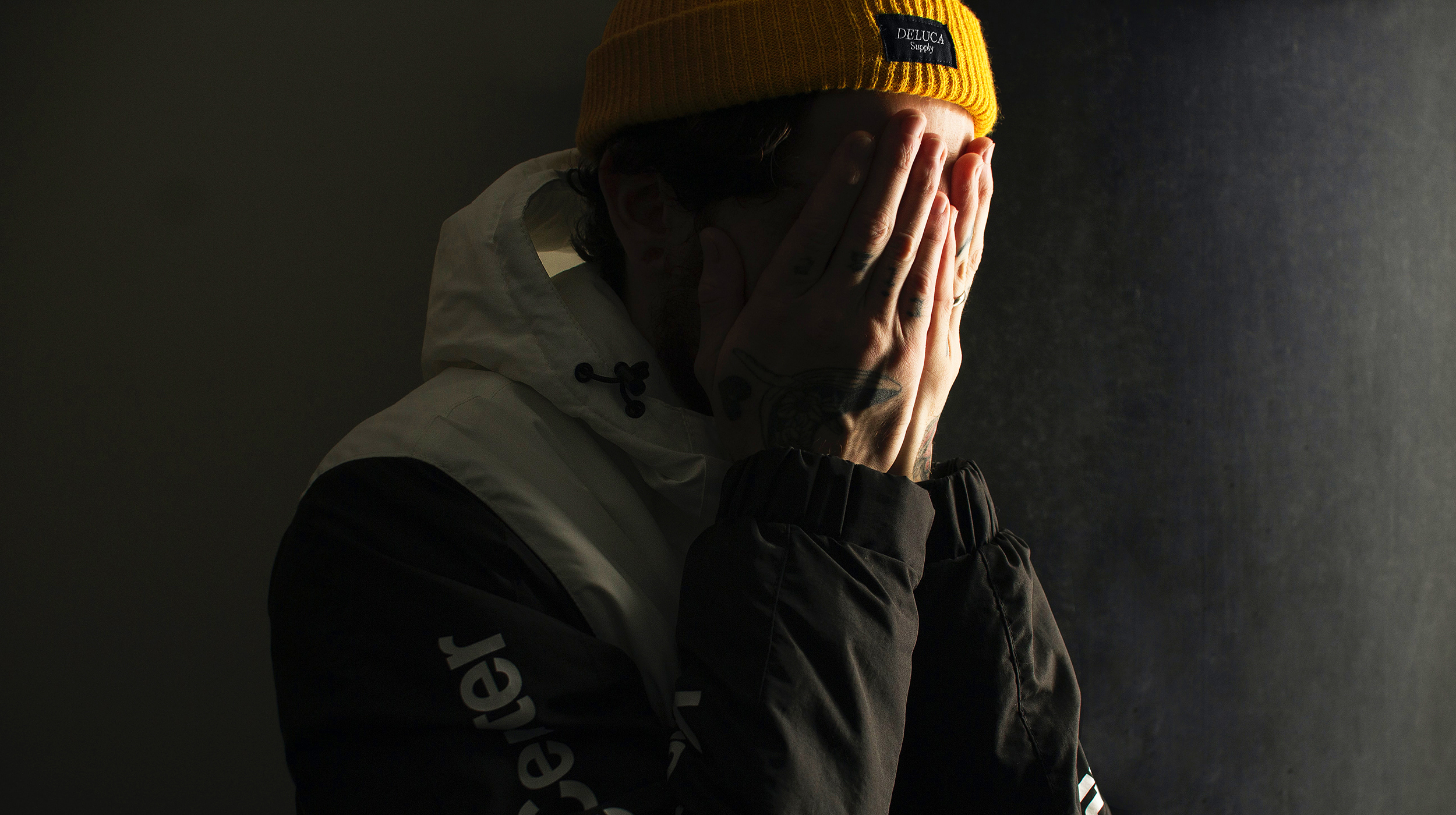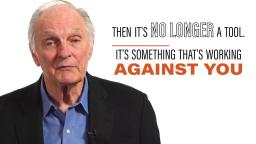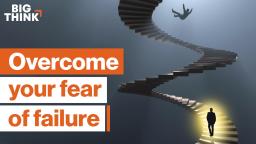psychology
Social interactions are important for building the strongest relationships.
▸
5 min
—
with
A study finds that sexual regret doesn’t change how we behave in the future.
A new study looks at how images of coffee’s origins affect the perception of its premiumness and quality.
Research has shown how important empathy is to relationships, but there are limits to its power.
▸
11 min
—
with
Fifty years of research on children’s toy preferences shows that kids generally prefer toys oriented toward their own gender.
New research sheds light on the indoctrination process of radical extremist groups.
When you say, “I’ll get it done this week,” you’re just lying to yourself.
Our brains make snap moral decisions in mere seconds.
Biologists use commonly-found insects that engage in cannibalism to prove a key evolutionary concept.
A new study explores how using positive labels to describe a majority group may negative impact perceptions of minority groups.
Intrinsic religiosity has a protective effect against depression symptoms.
A 50-year study reveals changing values children learned from pop culture.
People may be more willing to get vaccinated when told how popular it is.
Scans show similar activity to what occurs when you think about yourself.
Flying that helicopter too low is counterproductive.
There is no success without failure, but the fear of the latter is what’s really keeping you from achieving your goals.
▸
15 min
—
with
A psychologist and a doctor of emergency medicine explain.
It’s insidious and destructive, but there are some things you can do to develop a healthier relationship with material things.
A study of 1.6 million people ties high incomes with more positive emotions and fewer negative ones, but only towards the self.
As patients approached death, many had dreams and visions of deceased loved ones.
New study suggests the placebo effect can be as powerful as microdosing LSD.
The famous cognition test was reworked for cuttlefish. They did better than expected.
And if they could, would they care, asks philosopher John Gray in his new book.
How different people react to threats of violence.
Cow cuddling is getting ever more popular, but what’s the science behind using animals for relaxation?
Remedies must honor the complex social dynamics of adolescence.
While not the first such minister, the loneliness epidemic in Japan will make this one the hardest working.
Surprising as it may seem, we are all very good at denial. Negation, however, is a different phenomena.
A tourist generally has an eye for the things that have become almost invisible to the resident.
New studies show that some people can hear and respond to questions while dreaming.





























